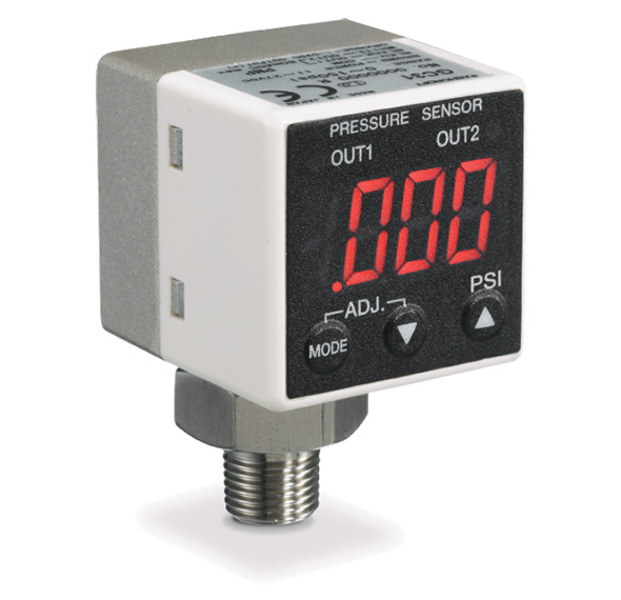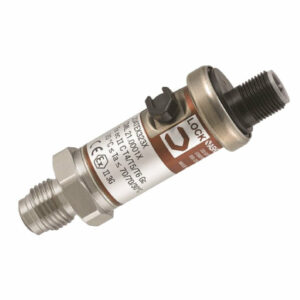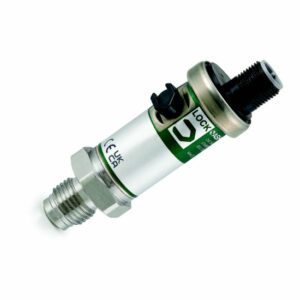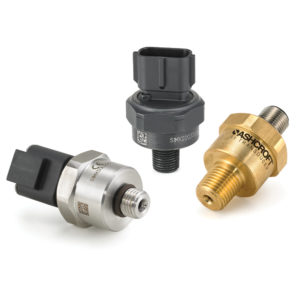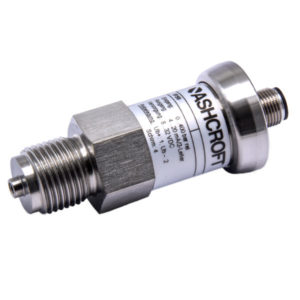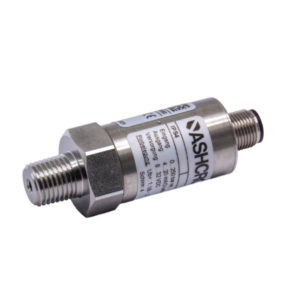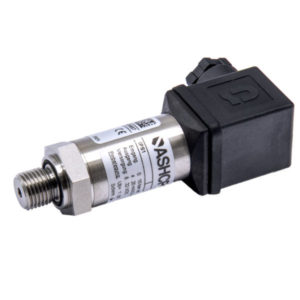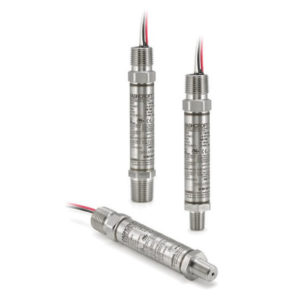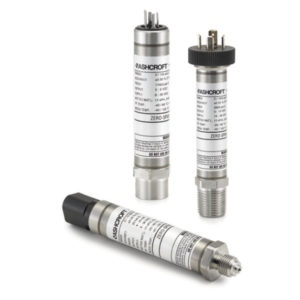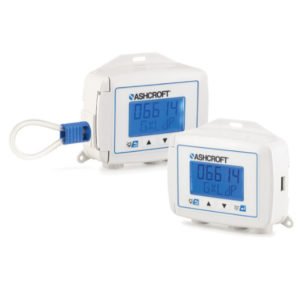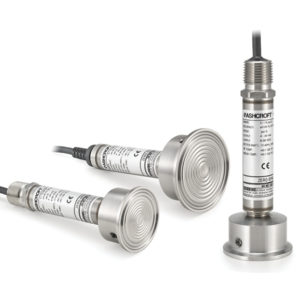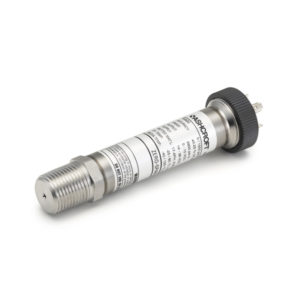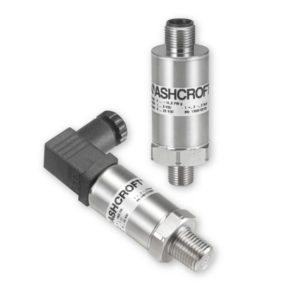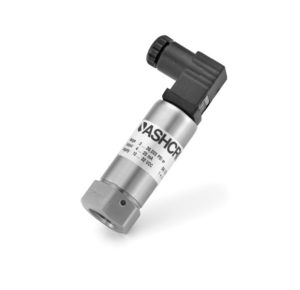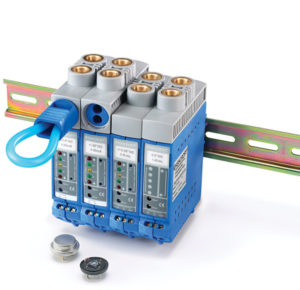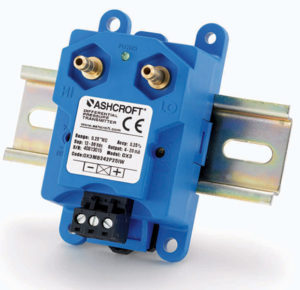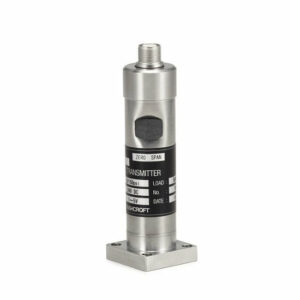

GC31 Indicating Pressure Transducer with Switch Outputs
GC31 Indicating Pressure Transducer with Switch Outputs
Industrial and OEM Applications:
- Hydraulic Presses / Stamping Equipment
- Water / Wastewater Pressure Control
- Refrigerant / Ammonia based Cooling Systems
- Pressure Monitoring for Lifts, Vulcanizers and Lubrication Systems
Process Applications:
- Alarm, Control and Pressure Monitoring
- Cooling and Lubricating Systems
Data Sheets
Installation + Maintenance
Industry Brochures
Selection Guides
Product + Technical Information
Key Features
Simple Push-button menu navigation
Min. / Max. function records low and high pressure events
Ultra-compact design
3-in-1 capability: digital pressure gauge, switch and transducer
Programmable switch setting and analog scaling
Easy local adjustments using 3 pushbuttons
Markets & Applications
- Specifications
- Downloads
Output Signal
1-5 VDC (3-wire)
Dampening
Digital by firmware setting
Process Connection Style
Threaded
Switch Style
NPN or PNP - Field programable
Accuracy
1% of span (URL)
Ranges
Compound
3.4 ... 500 bar / 50 ... 1500 psi
Pressure Type
Gauge pressure
Wetted Parts Material
Sensor stainless steel 17-4PH
Stainless steel 304 (1.4301)
Ingress Protection
IP40
Case or Body Material
Polycarbonate/ABS
Process Connection Location
Lower
Centre back
Display
3½ digit LED
Electrical Termination
Wire leads, PVC insulated
Mounting
Surface
Flush
Data Sheets
Installation + Maintenance
Industry Brochures
Selection Guides
Product + Technical Information
- Category: Transducer / Transmitter

